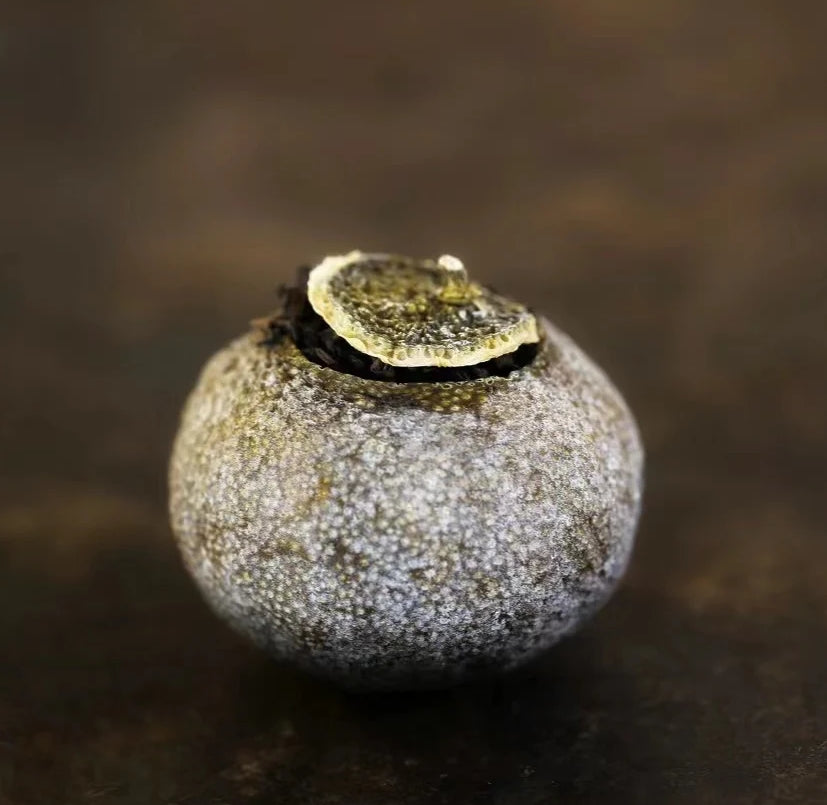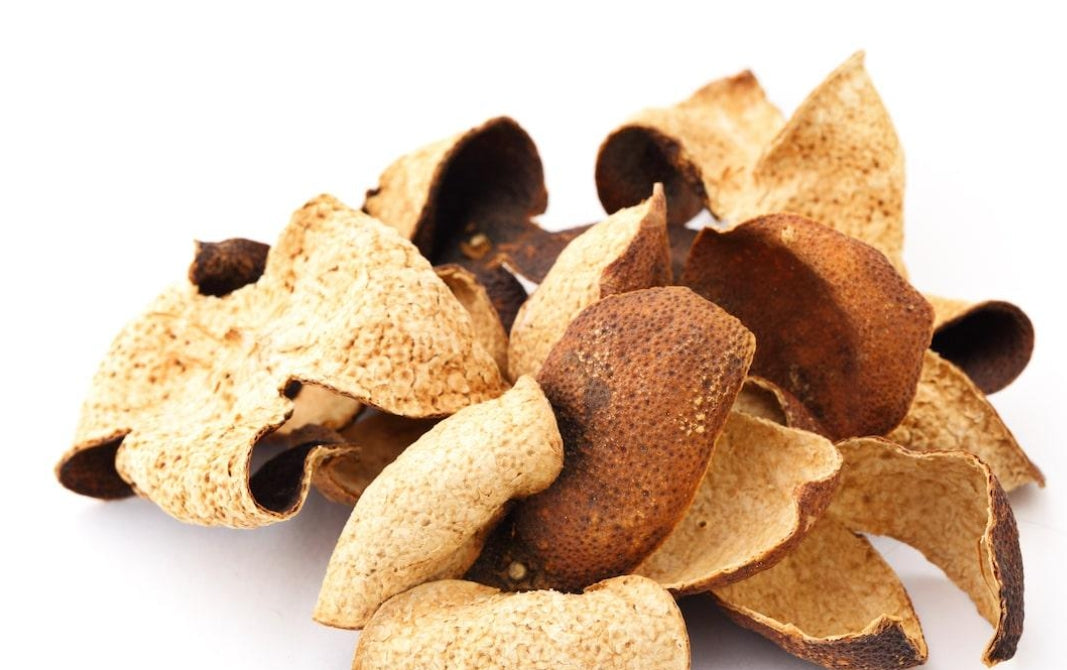Tea has captured the hearts of many around the globe. Whether it’s a morning ritual, an afternoon delight, or a soothing evening drink, tea offers a plethora of health benefits that go beyond the comforting warmth of a cup. One lesser-known benefit is its potential to contribute to your calcium intake. If you're a tea enthusiast or someone who values health and wellness, this blog post is for you. We’ll explore the relationship between tea and calcium, shedding light on how your favorite brew can support your bones and overall well-being.
Why Calcium Matters
Calcium is a vital mineral that your body needs to function properly. It's best known for its role in building and maintaining strong bones and teeth. However, calcium also plays a important role in the functioning of muscles, nerve system, and blood clotting.
The amount of calcium you need varies depending on your age, gender, and life stage. For most adults, the recommended daily allowance (RDA) is around 1,000 milligrams. Understanding your calcium needs can help you make informed choices about your diet and lifestyle.
Tea and Calcium
When people think of calcium, they often think of dairy products like milk and cheese. However, tea, particularly certain types, can also be a valuable source of this essential mineral. While it may not replace primary calcium-rich foods, it can certainly supplement your intake in a refreshing way.
Tea with Calcium
Not all teas are created equal when it comes to calcium content. Herbal teas like moringa and nettle tea are known for their higher calcium levels. Even some traditional teas like green and black tea contain trace amounts of this mineral.
The calcium content in tea can vary significantly based on the type and preparation method. On average, a cup of herbal tea like moringa can provide up to 200 milligrams of calcium, whereas a cup of green or black tea might offer around 3-6 milligrams. While this may seem small, it adds up, especially if you consume multiple cups daily.
Tea and Calcium Absorption
Certain compounds in tea, like catechins and flavonoids, can enhance calcium absorption in your body. These antioxidants not only boost your overall health but also help your body make the most of the calcium available in your diet.
Practical Tips for Incorporating More Tea into Your Diet
Adding more calcium-rich tea to your daily routine can be simple and enjoyable. Here are some practical tips to get you started.
Morning Boost
Start your day with a cup of moringa tea. Its high calcium content and energizing properties make it an excellent morning beverage. Pair it with a calcium-fortified cereal for an extra boost.
Afternoon Pick-Me-Up
Swap your usual afternoon coffee for a cup of green tea. Not only will you benefit from its calcium content, but you'll also enjoy a gentle caffeine kick without the jitters.
Evening Relaxation
Wind down in the evening with a calming cup of nettle tea. Its soothing properties can help you relax while contributing to your daily calcium intake.
Does tea hinder calcium absorption?
Some studies suggest that certain compounds in tea, like oxalates and tannins, can reduce calcium absorption.
Oxalic acid
First, let’s explore the widely-known rumor: the reason drinking tea may cause calcium deficiency is due to oxalic acid. In fact, the oxalic acid in tea leaves easily binds with calcium to form insoluble calcium oxalate salts, which are hard for the human intestine to absorb. This calcium oxalate can also deposit in the kidneys, potentially causing kidney stones. Studies show that calcium oxalate stones account for over 80% of kidney stones.
However, we must clarify this rumor: although drinking tea can indeed lead to the formation of calcium oxalate, the process of oxalic acid binding with calcium ions in the human body is complex, and not all ingested oxalic acid necessarily converts to calcium oxalate stones. The famous Swiss physician Paracelsus once clearly stated: "All things are poison, and nothing is without poison; only the dose makes a thing not a poison." Research also reveals that the oxalic acid content in tea leaves is about 1% of their dry weight. Additionally, when dry tea is brewed with boiling water, the extraction rate of oxalic acid is not necessarily 100%. In comparison, the oxalic acid content in tea leaves is already lower than in foods rich in oxalic acid like spinach, amaranth, and strawberries.
Tannic acid
Next, let’s examine the second widely circulated rumor: the tannic acid in tea leaves is responsible for calcium deficiency. It's said that the tannic acid in tea reacts with calcium in food, forming calcium tannate, which hinders calcium absorption, thereby exacerbating calcium loss. This perspective also requires clarification: it was once commonly believed that the bitterness of tea was mainly due to tannic acid. However, scientific research has confirmed that the bitter substances in tea are actually tea polyphenols. Tea polyphenols are condensed tannins, whereas tannic acid is a hydrolyzable tannin; they are not the same and should not be equated. Moreover, many studies have proven that tea polyphenols have various physiological activities, including antioxidant, anti-aging, lipid-lowering, blood sugar-lowering, antibacterial, and enzyme-inhibiting properties.
In fact, tea contains various minerals, and its potassium content can reduce calcium loss through urine, thus preventing osteoporosis! The fluoride in tea can also protect teeth. Notably, research on theaflavins, published in a 2020 article in the authoritative journal "Cell Metabolism," confirmed that theaflavin-3-gallate (TF2A) in tea has anti-aging, bone-strengthening, and glucose metabolism-improving effects. In summary, moderate tea drinking does not lead to calcium loss.
Conclusion
Tea is more than just a delicious beverage; it's a gateway to better health. By incorporating calcium-rich teas into your daily routine, you can support your bones, muscles, and overall well-being. From moringa to green tea, there's a variety of options to explore. Remember, while tea can contribute to your calcium intake, it's essential to maintain a balanced diet rich in other calcium sources. To ensure optimal calcium intake, it's crucial to balance your tea consumption with other calcium-rich foods like dairy, leafy greens, and fortified products.



